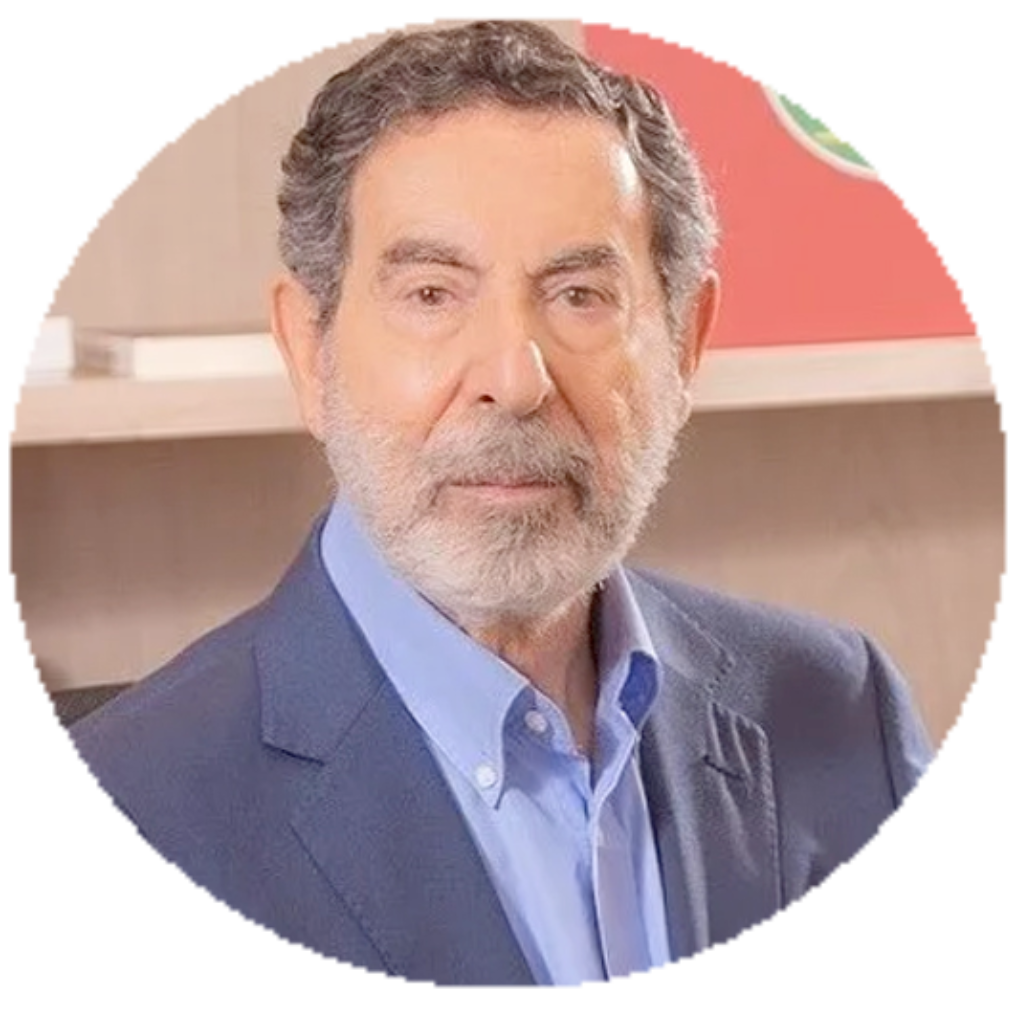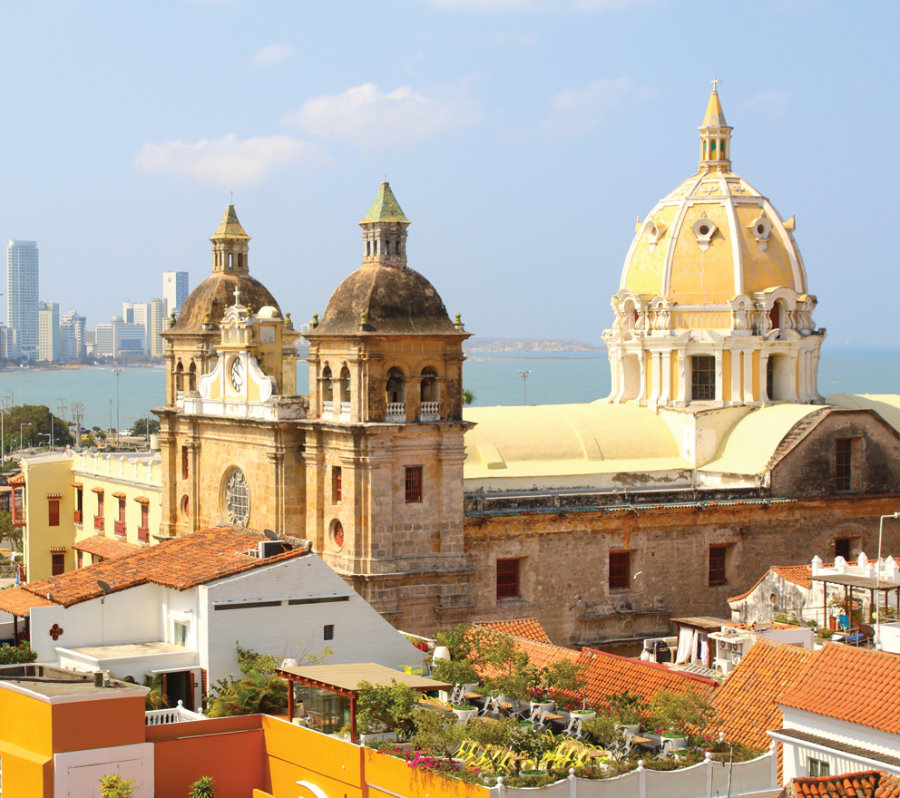SAO PAULO: Saudi Arabia is in overdrive to diversify its economy away from oil by exploring all available opportunities available domestically and abroad.
This very quest took Saudi Investment Minister Khalid Al-Falih to several nations in Latin America between July and August 2023. The aim of the tour was to explore avenues for economic cooperation.
The Kingdom does not seem to be focused only on forging closer ties with big businesses, as is evident from the establishment of a $5 million fund to support small and medium enterprises in Paraguay.
According to the Paraguayan authorities, the resources will be used to form a guarantee fund with up to 10 times the initial investment. The money may be important to boost many businesses in the country, affirmed Guillermina Imlach, who heads an association of industrial SMEs in Paraguay.
“In the country, about 98 percent of all companies are small or medium-sized. Most of them don’t have access to credit, so they can’t make the necessary investments,” she told Arab News.
In order to be able to reach the Middle Eastern markets, Paraguayan SMEs need to improve their productivity first, Imlach said.
“That could be possible with the association of a number of companies that operate in the same segment,” she said. The Saudi fund may help them in that direction.
Colombia, a South American country where Saudi Arabia doesn’t have an embassy, exported goods worth about $80 million to the Kingdom between October 2022 and October 2023. The majority of the items were produced by SMEs, such as imitation jewelry and jewelry, millinery, and perfumes.
“There is much room for smaller companies to grow and enter the Saudi market,” Cecilia Porras Eraso, president of the Arab Colombian Chamber of Commerce, told Arab News.

These companies are very diversified in terms of their fields of activity and certainly investments such as those sponsored by the Saudi funds could have a special impact on the commercial relationship between Brazil and Saudi Arabia.
Osmar Chohfi, president of Arab Brazilian Chamber of Commerce
The chamber recently became associated with a company that assists businesses from the Arab world that want to establish a branch in Colombia.
“That can be made through partnerships with Colombian companies, including SMEs,” Porras Eraso said.
In Argentina and Brazil — two major animal protein exporters to the Middle East — most of the trade with Saudi Arabia is conducted by big companies, but SMEs are gradually increasing their participation in that exchange.
In 2021, the number of Argentinian SMEs exporting to the Middle East grew 5 percent and reached a total volume of $247 million, with some 30 percent of it going to Saudi Arabia. Most of those exports involved agribusiness products, but industrial items were also part of that list.
During an event for SMEs in Brazil in August of 2023, Tamer Mansour, CEO of the Arab Brazilian Chamber of Commerce, affirmed that a new cycle is beginning in the relationship between the two nations in terms of investment and partnerships.
“I see (Al-Falih’s) visit as a great sign that Saudi public funds want to come and invest here. This is why medium and small companies, cooperatives, and industries outside of hubs such as Rio Grande do Sul, Santa Catarina, and Sao Paulo must be on the radar,” he said.
According to Osmar Chohfi, president of the chamber, the great potential of Saudi investments in Brazilian SMEs is “evident.”

“These companies are very diversified in terms of their fields of activity and certainly investments such as those sponsored by the Saudi funds could have a special impact on the commercial relationship between Brazil and Saudi Arabia,” he told Arab News.
In Chohfi’s opinion, Brazilian SMEs operating in segments like clothing, shoes, construction materials, and food and beverages are among the most promising ones to receive Saudi investment.
In Argentina, several small companies have been taking part in international events and getting access to the Arab market, especially those in the field of food and beverage, Walid Al-Kaddour, secretary-general of the Argentine-Arab Chamber of Commerce, told Arab News.
“There’s a great potential not only from SMBs in the agribusiness, but also for companies in the pharmaceutical and medical products segment, in the logging industry, metal tubing, and materials for the oil industry,” he said.
Al-Kaddour argues that Saudi investors should privilege private partners and look to establish joint ventures with local partners.
“That should not involve only large companies, but also smaller businesses,” he said.
HIGHLIGHT
Colombia, a South American country where Saudi Arabia doesn’t have an embassy, exported goods worth about $80 million to the Kingdom between October 2022 and October 2023. The majority of the items were produced by SMEs, such as imitation jewelry and jewelry, millinery, and perfumes.
Alfredo Abboud, secretary-general of the Argentinian Chamber of Commerce and Services for the UAE, argues that SMEs should gather in order to be able to gain scale and associate with Saudi investors or get into the Kingdom’s market.
That is something that he himself accomplished. Abboud, who owns the alfalfa company Cadaf, and his associate Gabriel Osatinsky, owner of another business, Calif, which also produces the crop, gathered in a project to promote a long-term partnership between a group of Argentine alfalfa firms and Saudi irrigation companies.
“Our idea is to bring irrigation equipment to Argentina from Saudi Arabia and exchange it for products of human or animal nutrition,” he told Arab News.
Over the past three years, Argentina faced long periods of drought, which affected its rural production, including alfalfa.
“We couldn’t meet the entire demand of exports and needed irrigation equipment. That’s when Osatinsky came up with the idea of working on that partnership,” he said.
The duo has been gathering other alfalfa producers with the goal of attaining 100,000 hectares of irrigated fields. A Saudi irrigation company will establish a branch in Argentina to supply the equipment and accompany the production.
“Paying the Saudi investment with a commodity they need generates a virtuous cycle. It’s more than just selling and buying,” Abboud added.
He said that it would be difficult for a small alfalfa producer to cater to the Saudi market alone. But, by associating with other producers, it’s possible.
“SMEs from other areas of activity can certainly do the same,” he concluded.














